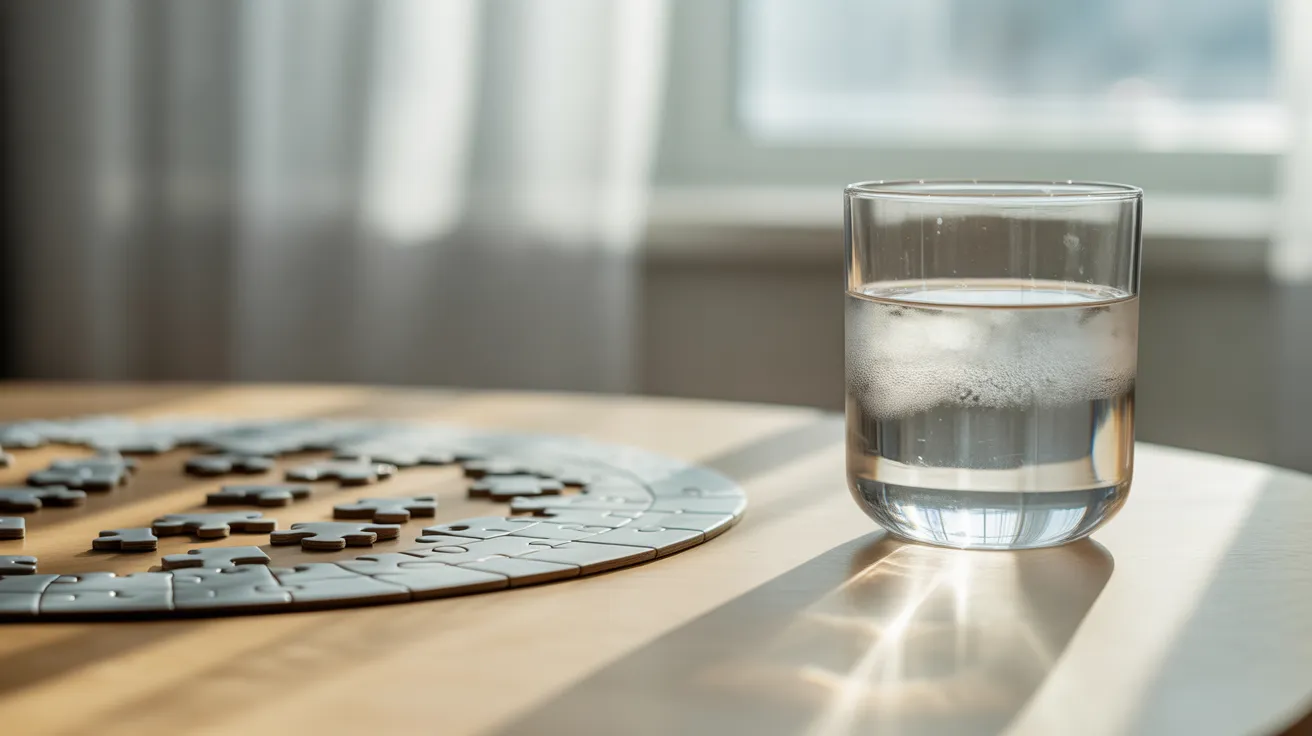
Understanding the Health Benefits of Staying Hydrated
Water is the unsung hero of our body’s daily operations. It makes up about 60% of our body weight and is involved in nearly every biological process. When we are properly hydrated, our bodies can function optimally. For seniors, the benefits are particularly pronounced and can directly impact day-to-day vitality and long-term health outcomes.
Cognitive Function and Mood Stability: Even mild dehydration can have a noticeable effect on our brain. It can lead to difficulty concentrating, short-term memory lapses, and feelings of fatigue or irritability. For older adults, these symptoms can sometimes be mistaken for more serious cognitive issues. Staying well-hydrated helps ensure that your brain receives the oxygenated blood it needs to function clearly, supporting mental sharpness and a more stable mood. Reliable senior health information from government sources can help you understand these connections. Authoritative health information for seniors is provided by the National Institute on Aging (NIA) and the Centers for Disease control and Prevention (CDC).
Supports Kidney and Digestive Health: Our kidneys are remarkable filters, working around the clock to remove waste products from our blood. Adequate water intake is essential for them to do their job efficiently. Good hydration helps prevent the formation of painful kidney stones and reduces the risk of urinary tract infections (UTIs), which are more common and can be more severe in older adults. Furthermore, water is crucial for digestive health. It helps break down food, allows the body to absorb nutrients, and softens stool, which is a key factor in preventing constipation—a common complaint among seniors.
Boosts Physical Energy and Performance: Dehydration is a leading cause of fatigue. When your body lacks sufficient fluids, your heart has to work harder to pump blood, and this extra effort can leave you feeling tired and sluggish. By staying hydrated, you help maintain your blood volume, allowing for more efficient delivery of oxygen and nutrients to your muscles. This translates to more energy for daily activities, whether it’s gardening, walking, or playing with your grandchildren.
Lubricates Joints and Regulates Body Temperature: The cartilage in our joints, which acts as a shock absorber, is composed of a large amount of water. Proper hydration helps keep this cartilage supple, reducing joint pain and stiffness associated with conditions like arthritis. Water also plays a central role in regulating body temperature through sweating. As we age, our ability to sense and respond to temperature changes can decline, making us more susceptible to heatstroke. Drinking enough fluids is a primary defense against overheating, especially during warmer months.
While the focus is on preventing dehydration, it is also important to be aware of a much rarer condition called hyponatremia, or overhydration. This occurs when you drink an excessive amount of water in a short period, diluting the sodium levels in your blood. It is most often a concern for individuals with specific health conditions, such as congestive heart failure, kidney disease, or liver disease. This is why it is so important to follow the fluid intake recommendations provided by your doctor, who understands your unique health profile.















